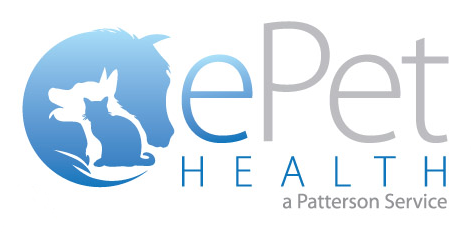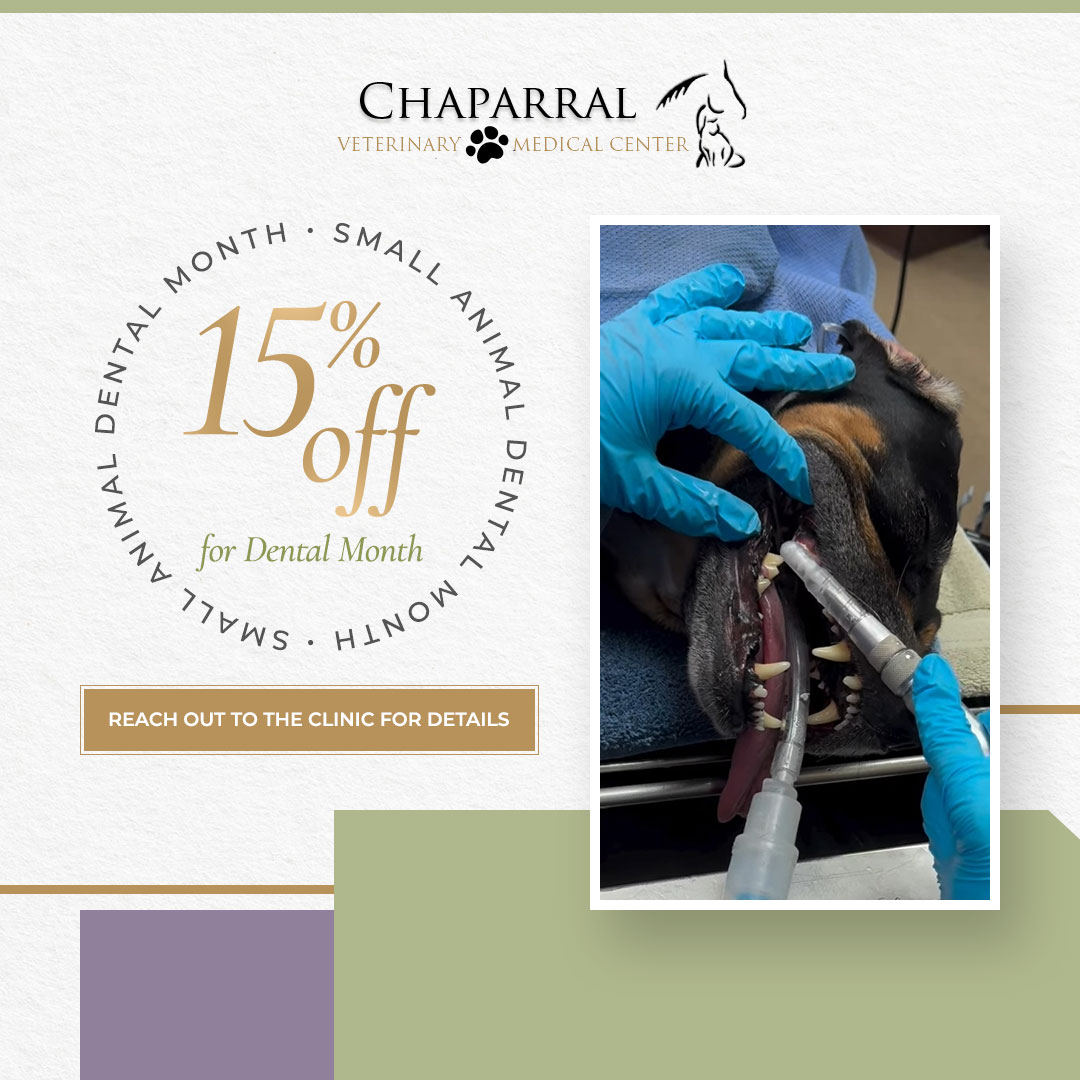Cave Creek, AZ 85331
Disease & Conditions
Disease & Conditions
The Most Common Diseases and Health Problems for Horses
We like to think of our horses as big, strong and invincible, but there are some common horse health problems that can become dangerous if not promptly diagnosed and treated. It is important for you to be able to recognize the symptoms of potential health issues quickly.
Prevention and Treatment of Common Horse Health Issues
Lameness—The number one complaint for horses, lameness can be caused by a long list of problems. Know your horse’s healthy gait and be able to recognize any changes in it quickly. Even head bobbing can be a sign of lameness as your horse tries to compensate for pain in other areas of its body. The most common causes of lameness in horses are sprains, strains and fractures, degenerative diseases such as arthritis, and hoof problems such as abscesses and laminitis. To prevent sprains and strains, keep horses well-conditioned for the jobs they do and do not overwork them. Also, check your horse’s hooves carefully at the end of each day for any shoe problems, stones, cracks or abnormalities. Contact your veterinarian immediately for assistance at the first signs of lameness.
Digestive Problems—Horses have very complex and sensitive digestive systems and are easily susceptible to colic (a catchall term for a wide variety of potentially fatal digestive problems). Be sure your horse eats a proper, clean diet (gradually, throughout the day) with plenty of fresh, clean water. If your horse is reluctant to eat, is constipated, nips at his or her sides, is drooling, teeth clenching, parking, getting up and down frequently, or showing any other signs of pain, call an equine veterinarian immediately. Digestive problems can be fatal if not treated promptly.
Viruses and Bacterial Infections—Making sure your horse is always up-to-date on his or her core vaccinations (and any other vaccinations recommended by your veterinarian based on your horse’s geography, travel, work, lifestyle and health conditions) is critical to preventing painful and potentially deadly diseases. Every horse should be vaccinated against West Nile virus, rabies, tetanus and eastern/western equine encephalitis. Other possibly beneficial vaccines include botulism, anthrax, Equine viral arteritis, Equine influenza, Equine herpesvirus (EHV), Potomac horse fever, rotavirus and streptococcus equi. Talk regularly with your veterinarian about your horse’s vaccination schedule and needs.
Respiratory Problems—Many horses develop allergy and asthma-like symptoms called “heaves” when they are exposed to molds and dust from old hay and straw. Coughing and phlegm are symptoms, and shortness of breath in horses is a medical emergency.
Parasites—Horses are often unwilling hosts to pinworms, ticks, lice, tapeworms, lungworms and roundworms. Stick to a proper deworming and bathing schedule and keep the paddocks and stables cleaned out regularly. If your horse seems itchy or is losing hair, call the veterinarian.
Awareness, prevention and prompt action for these and other health concerns can save your horse’s life. Never hesitate to call your veterinarian if you suspect your horse is in trouble.
Mission Statement
"We have a commitment as a team to improve ourselves both personally and
professionally so that we may better serve our patients by providing quality
veterinary care."
Our Slogan:
"Partners for Life"
Our Motto:
"Expect Excellence"

Cards Accepted






